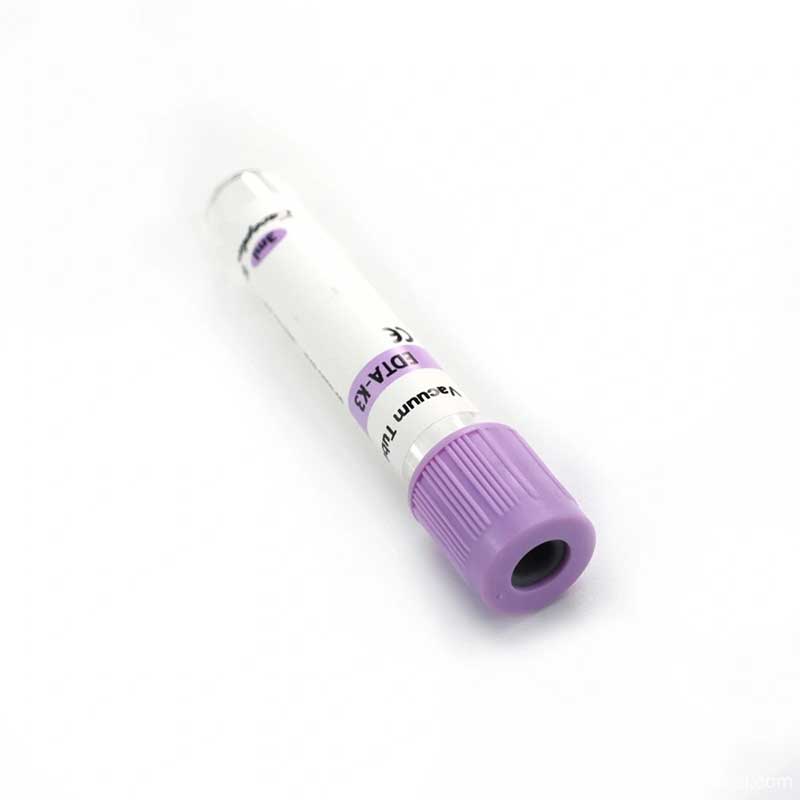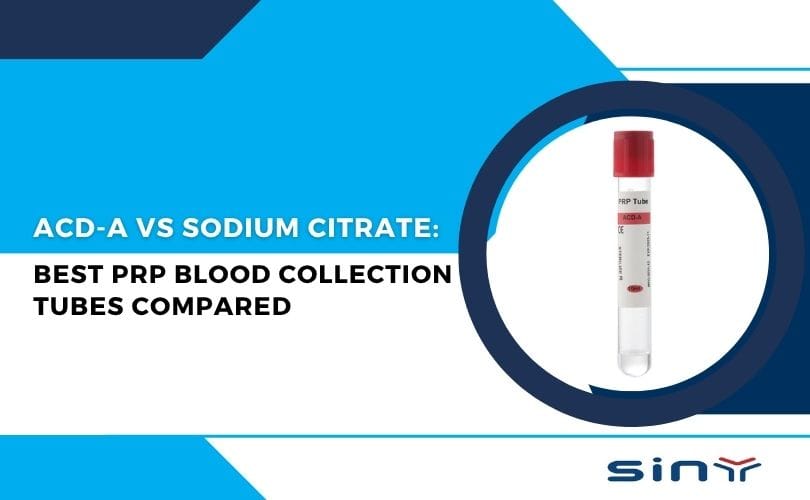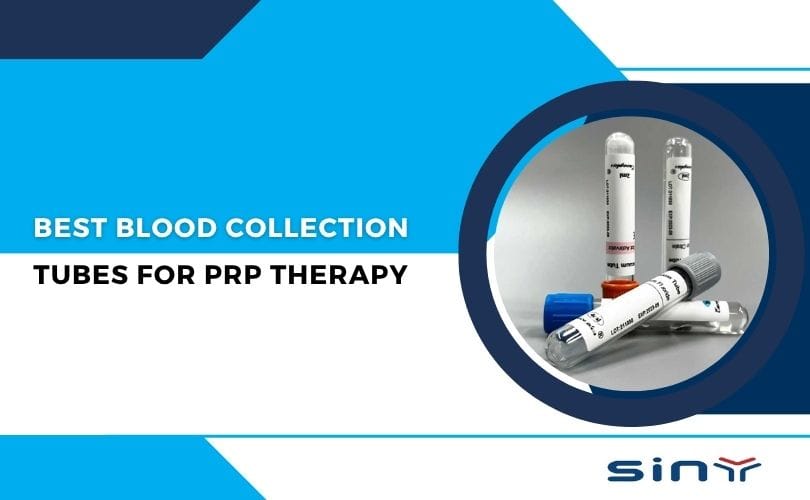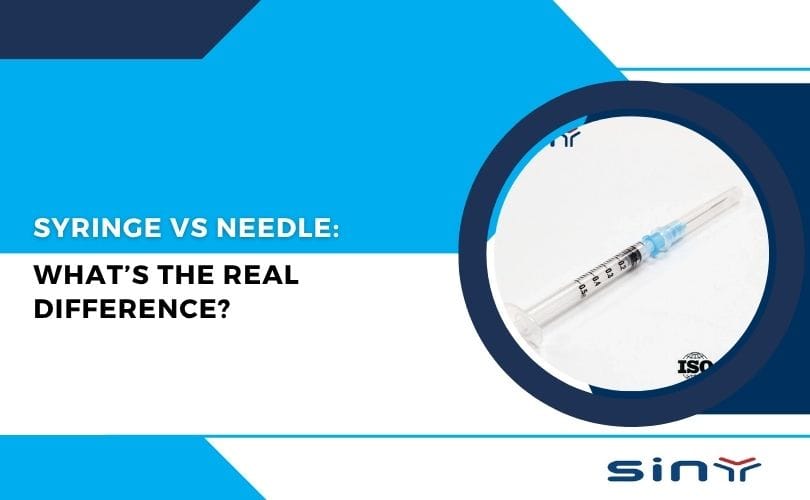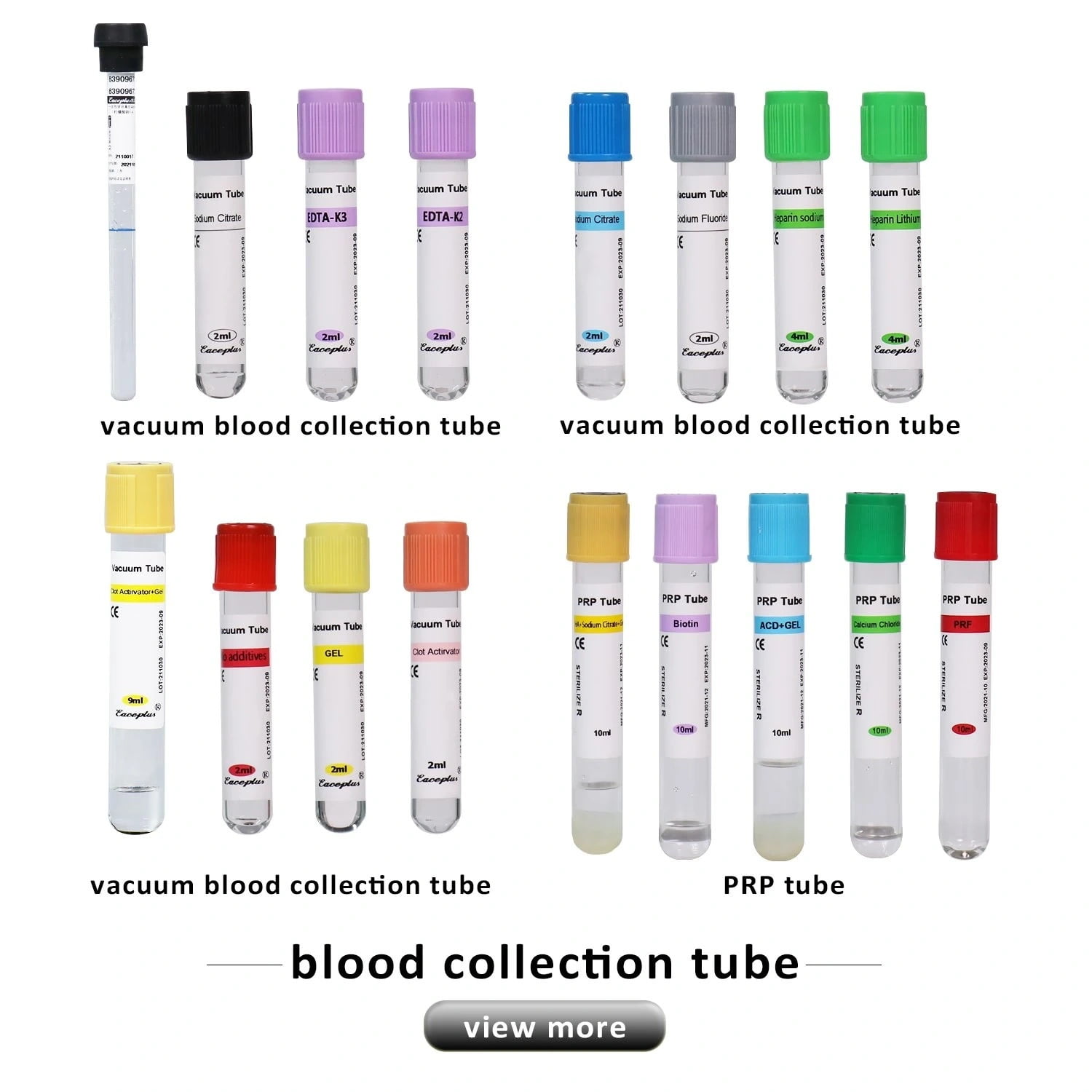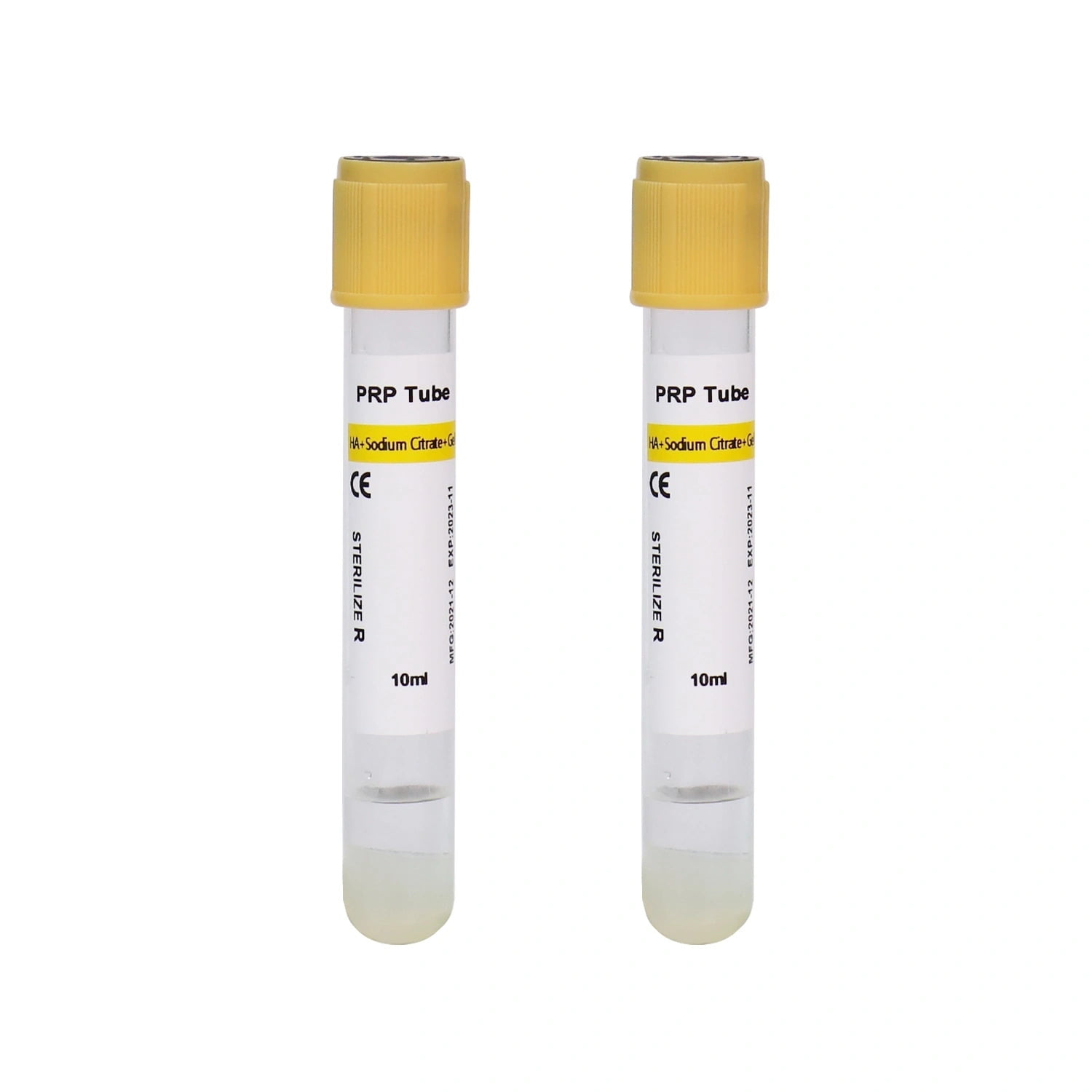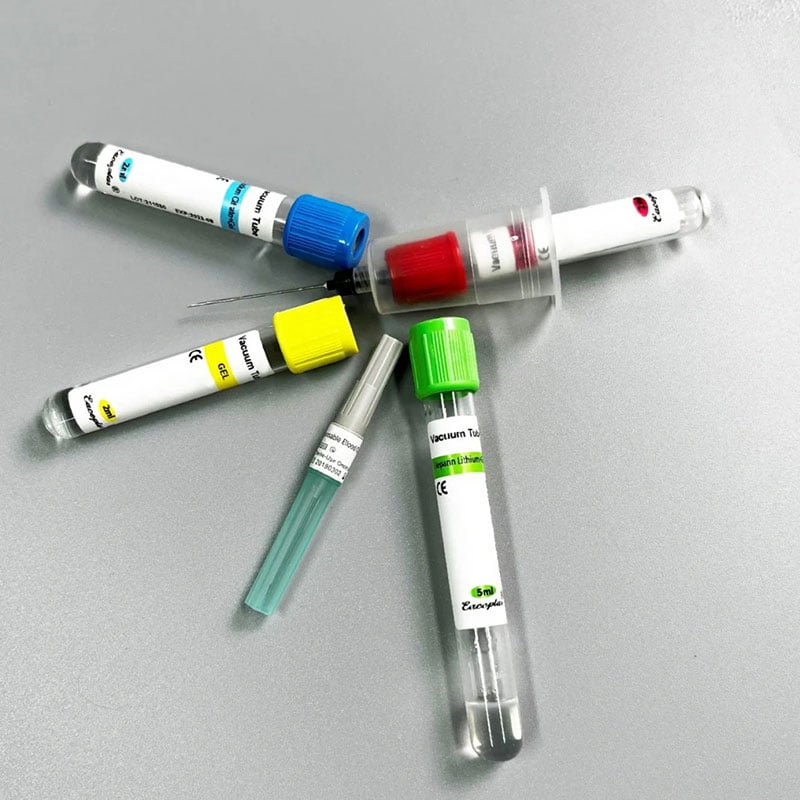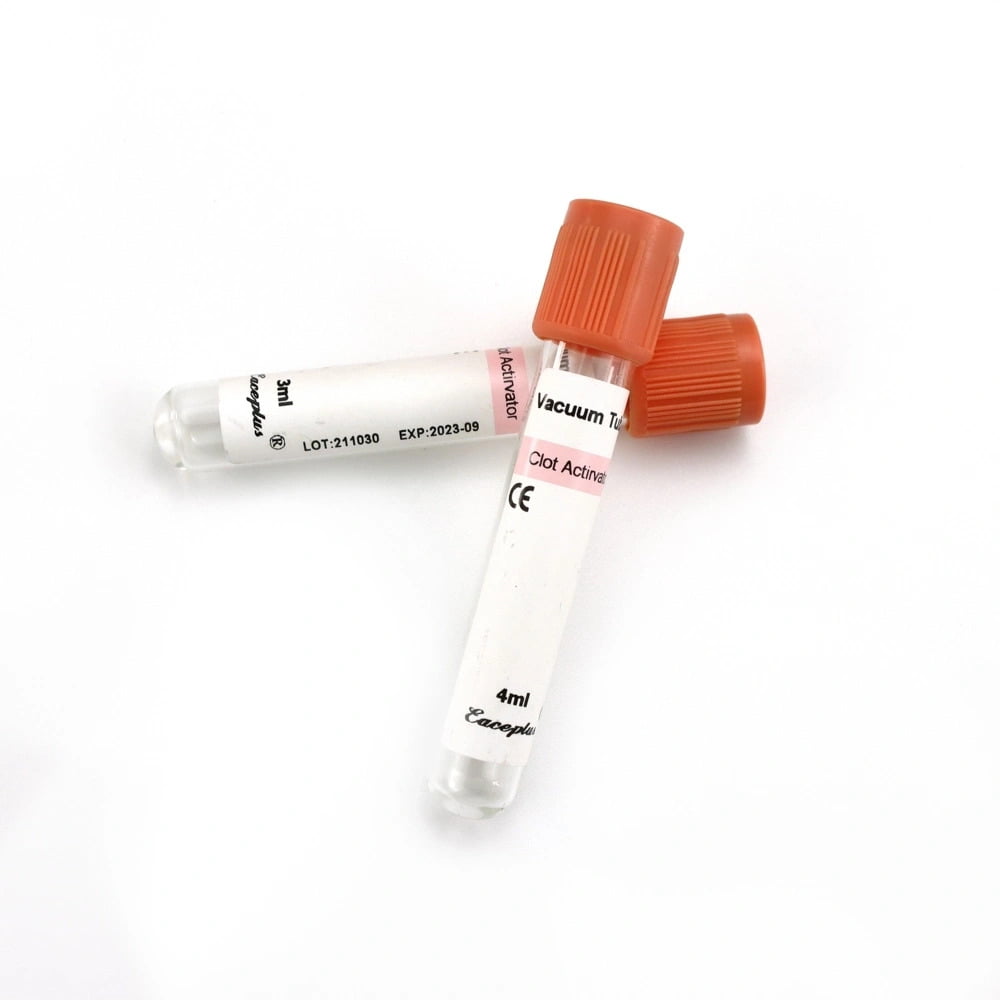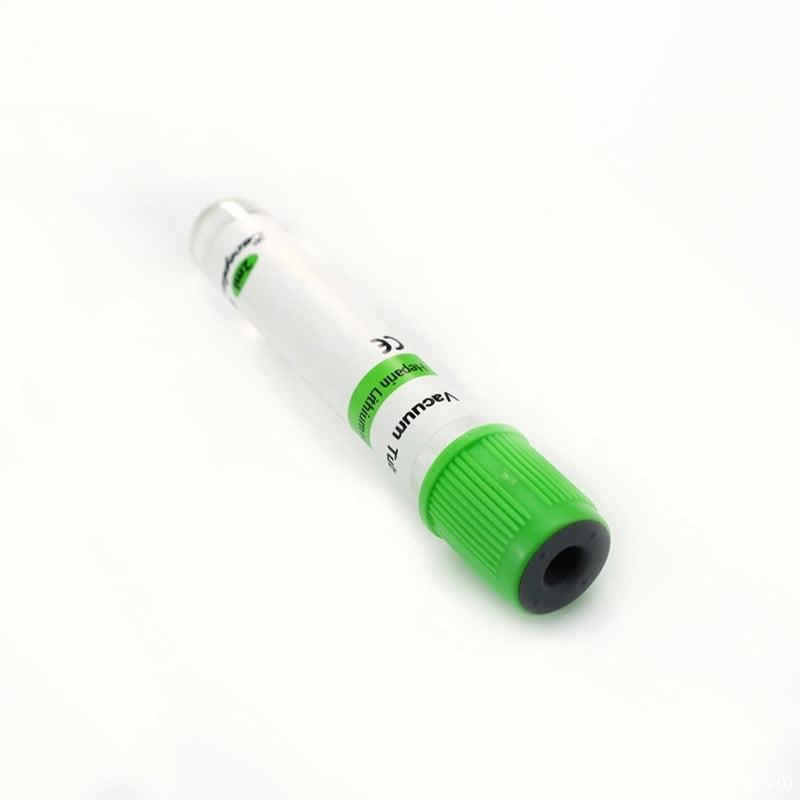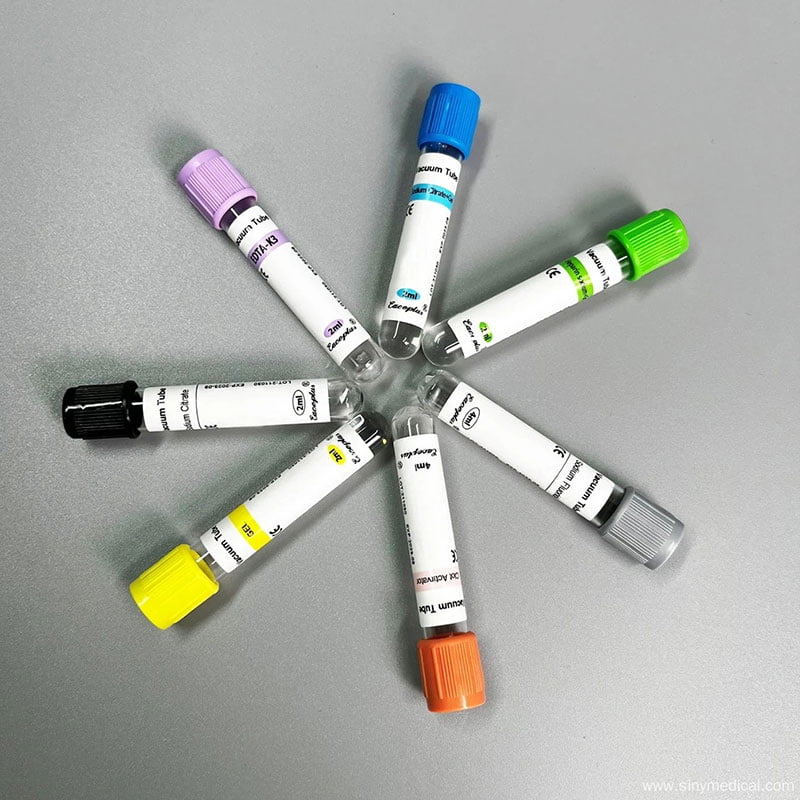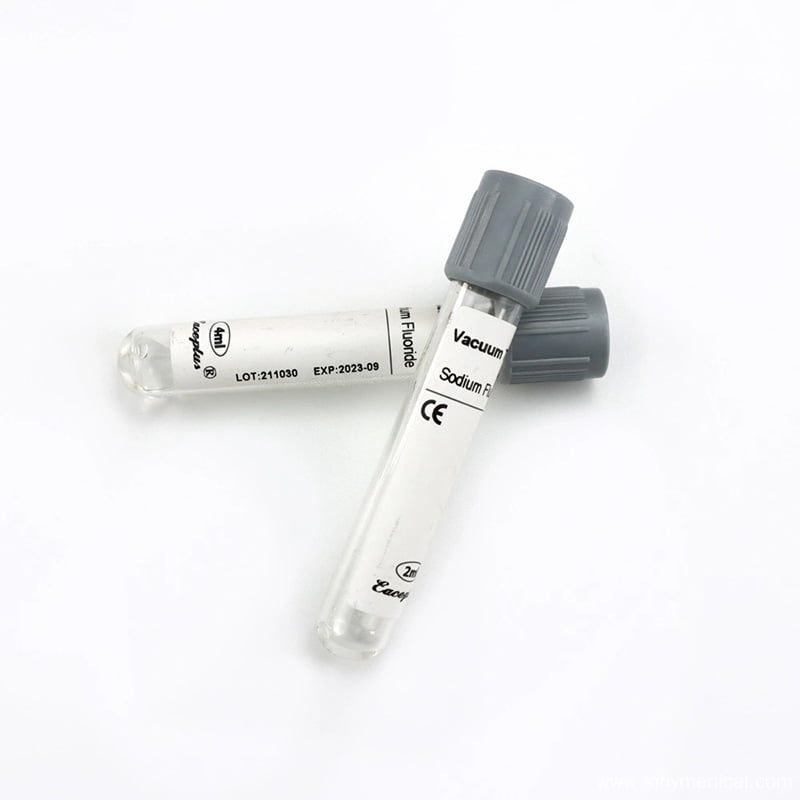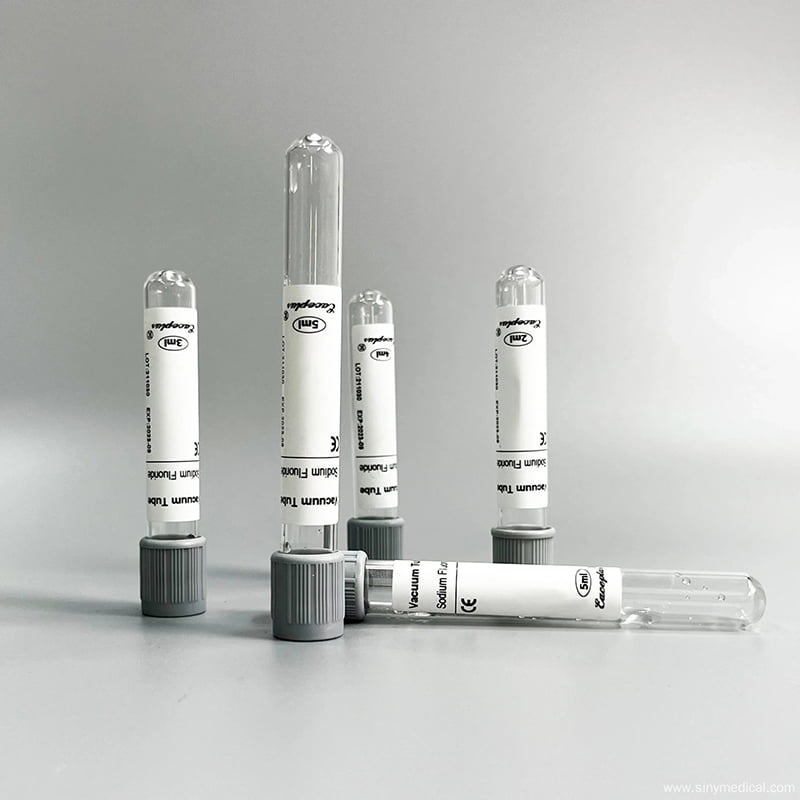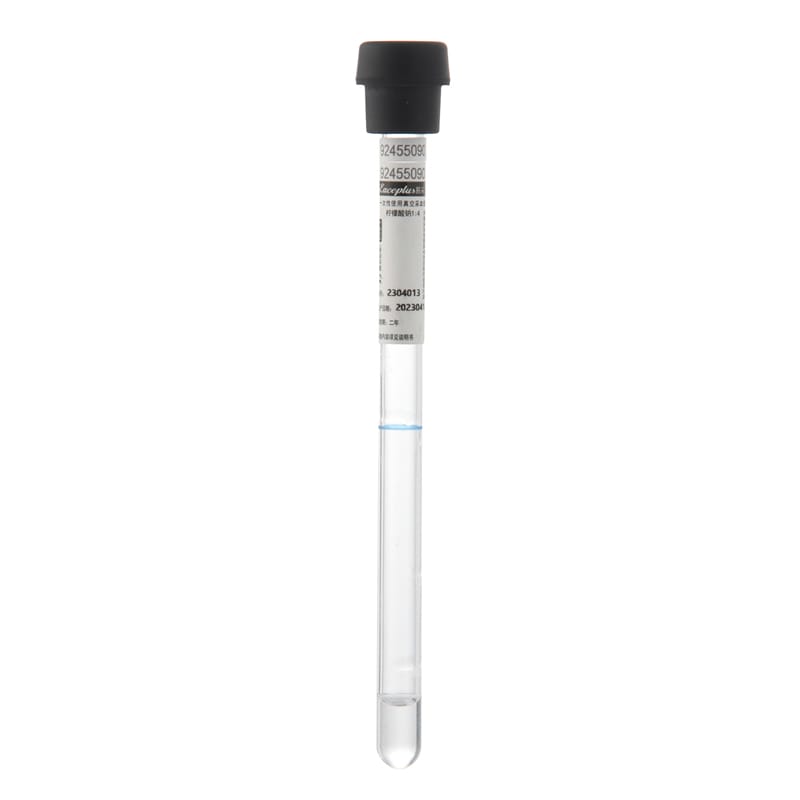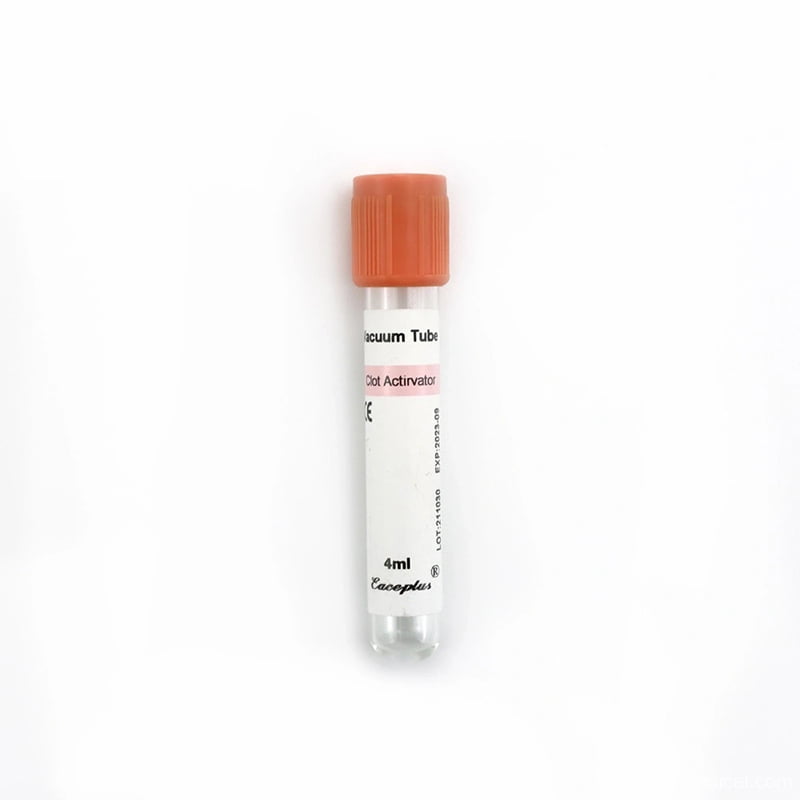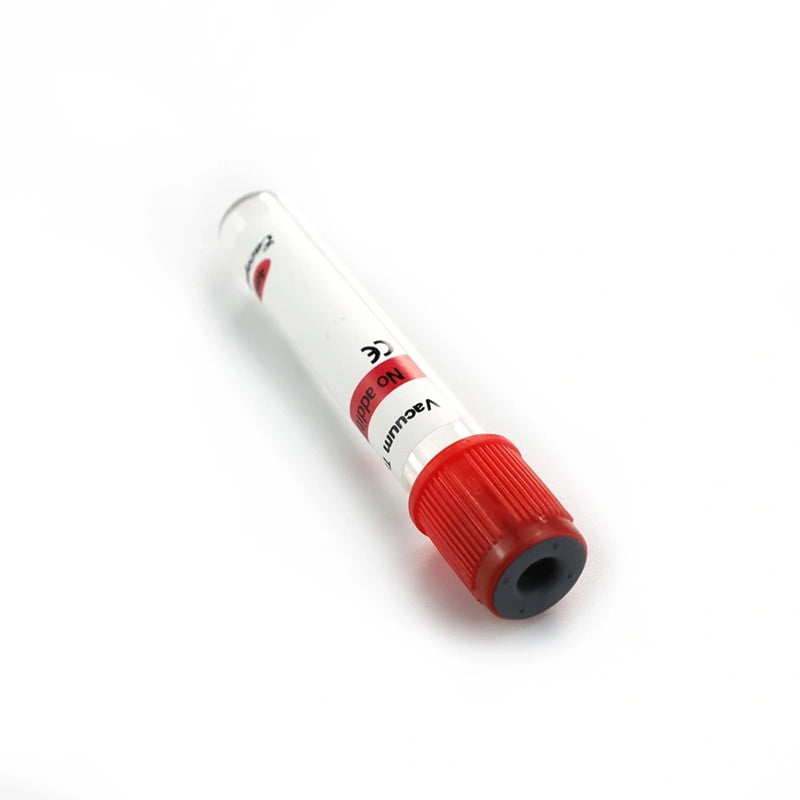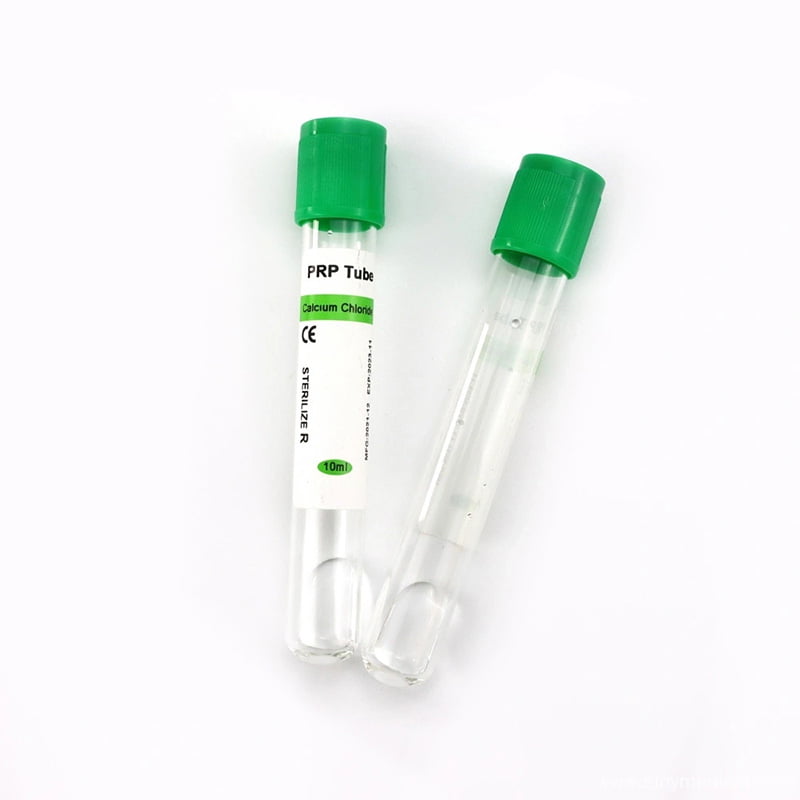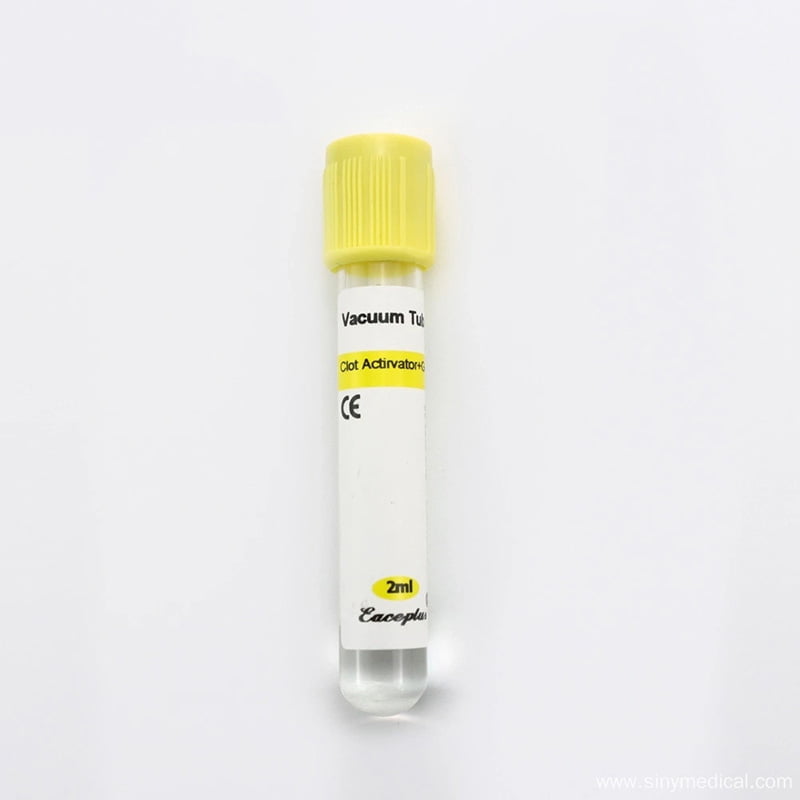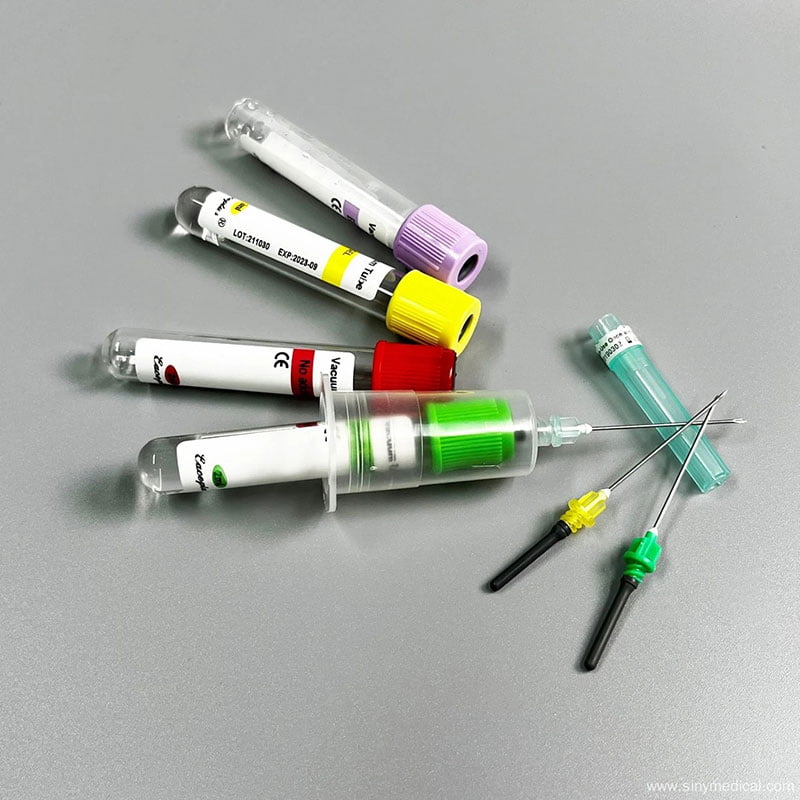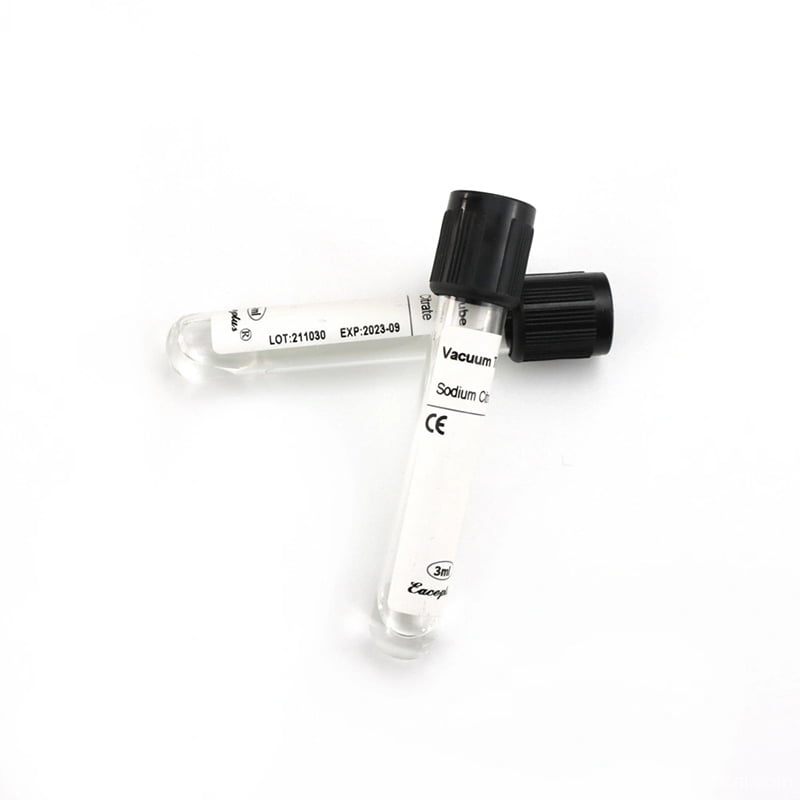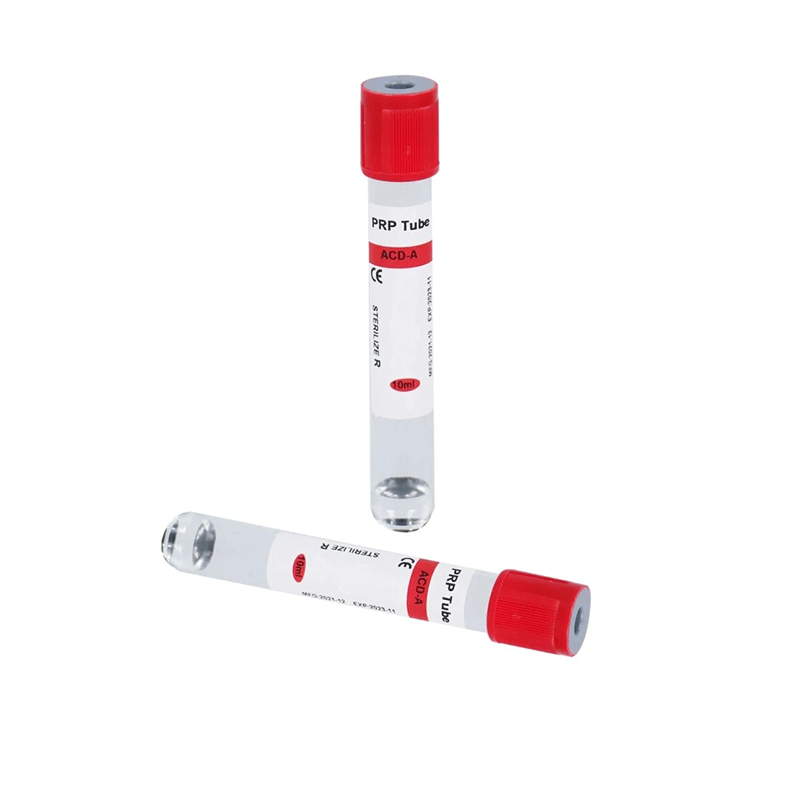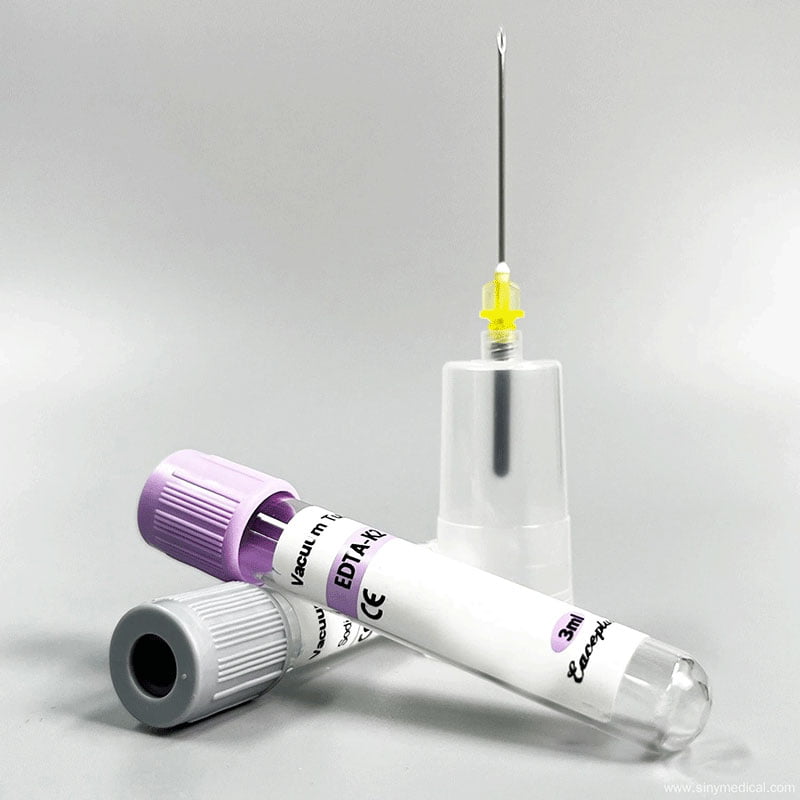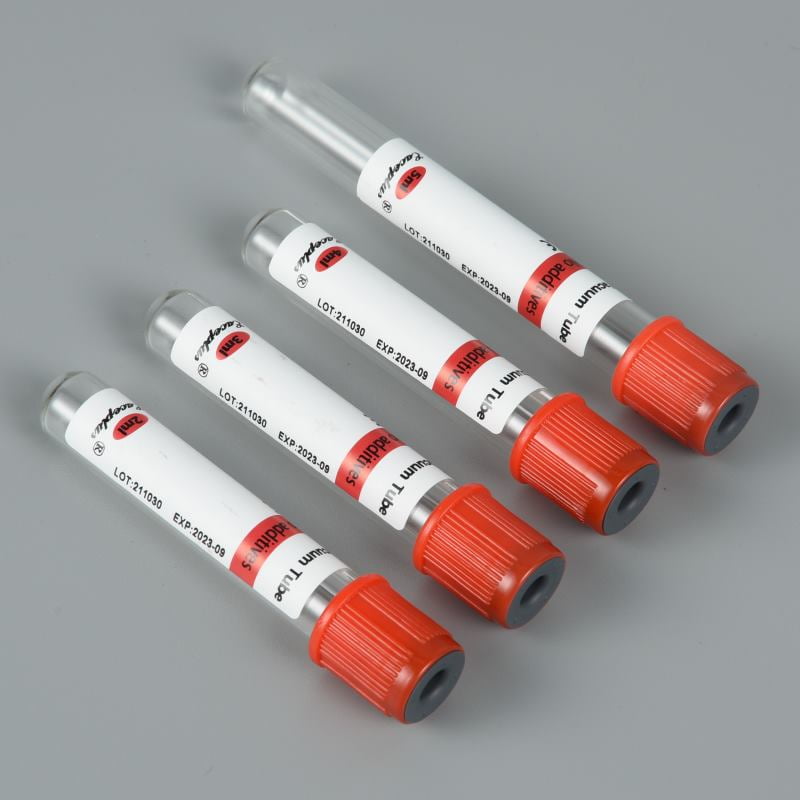Nitrile rubber examination gloves have gained massive popularity across various industries, especially in healthcare, food handling, and manufacturing. Known for their strength, flexibility, and chemical resistance, these medical gloves are a versatile alternative to traditional latex gloves. However, like any product, they have their advantages and disadvantages.
Table of Contents
What Are Nitrile Rubber Examination Gloves?
Manufacturers create nitrile gloves using synthetic rubber called nitrile butadiene rubber (NBR). They developed this material as a durable alternative to natural latex, valuing it for its strong resistance to punctures, chemicals, and oils. Various industries, including healthcare, laboratories, automotive, and food processing, rely heavily on these gloves. They come in various thicknesses, sizes, and colours, catering to different levels of protection and compliance requirements.

Advantages
Excellent chemical resistance
Nitrile rubber has excellent chemical resistance and has a good tolerance to many chemicals such as acids, alkalis, salts, greases, solvents, etc., which can effectively prevent these chemicals from harming the hands.
Therefore, it is particularly suitable for use in working environments exposed to various chemicals, such as chemical laboratories, electronic chip manufacturing workshops, etc.
Good physical properties
This glove offers high strength and tear resistance, resists punctures or tears from sharp objects, and provides reliable hand protection.
In addition, nitrile rubber has good elasticity and flexibility. After wearing, it can fit the hand well, does not hinder the flexible operation of the hand, and enables the wearer to perform various fine movements more freely at work.
No risk of latex allergy
Nitrile rubber gloves are an ideal substitute for those allergic to natural latex. Because it does not contain latex protein and will not cause latex allergic reactions, it provides a safe protection option for medical staff, patients and other users who are sensitive to latex and effectively avoids the discomfort symptoms such as skin itching, redness, swelling, and rash that latex allergies may cause.
Good puncture resistance
In some work scenarios with sharp instruments or objects, such as medical examinations and industrial manufacturing, nitrile rubber gloves can better resist punctures, reduce the risk of hand injuries, and provide more robust protection for the safety of users’ hands.
Good comfort
The surface of nitrile rubber gloves is relatively smooth, the internal dust content is low, and they are more comfortable to wear, and they will not bring too much foreign body feeling to the hands.
Moreover, it also has a certain breathability, which can keep the skin of the hands relatively dry when wearing gloves for a long time, reducing the discomfort caused by hot and humid conditions.
Disadvantages
Relatively high price
Compared with natural latex gloves or polyvinyl chloride gloves, nitrile rubber gloves have a higher production cost, which makes their market price relatively expensive. For some users or industries with limited budgets, the higher price may limit its wide application, which affects the popularity of nitrile rubber gloves.
Slightly less elastic than latex gloves
Although nitrile rubber gloves have good elasticity and flexibility, their elasticity still needs improvement compared to natural latex gloves.

In some jobs that require exact and sensitive operations, such as delicate surgical operations, nitrile rubber gloves may provide a different touch and operational flexibility than latex gloves, which, to a certain extent, limits their application in certain specific fields.
Poor cold resistance
- Nitrile rubber becomes hard and brittle in low-temperature environments.
- Its flexibility and elasticity will be significantly reduced.
- It is easy to crack.
When used in a cold working environment, nitrile rubber gloves may perform less effectively. To address this, take appropriate warming measures or select gloves better suited for low-temperature conditions.
Possible skin irritation
Although nitrile rubber examinatuin gloves have no risk of latex allergy, for a few people with sensitive skin, wearing nitrile rubber gloves for a long time may cause skin irritation, leading to dry skin, redness and other uncomfortable symptoms.
Industries That Benefit Most from Nitrile Gloves
- Healthcare and Medical Fields
Hospitals, clinics, and laboratories widely use nitrile gloves for their chemical resistance and hypoallergenic properties.
- Automotive Industry
The gloves’ resistance to oils and greases makes them a favourite among mechanics and technicians.
- Food Processing and Handling
Their non-toxic, powder-free nature ensures food safety and reduces the risk of contamination.
- Manufacturing and Industrial Work
Nitrile gloves shield workers from cuts, abrasions, and chemical exposure, making them indispensable in industrial environments.
Nitrile vs. Latex vs. Vinyl Gloves
| Feature | Nitrile | Latex | Vinyl |
|---|---|---|---|
| Material | Synthetic rubber | Natural rubber | PVC (Polyvinyl Chloride) |
| Allergy Risk | Low | High | Low |
| Durability | High | Moderate | Low |
| Chemical Resistance | Excellent | Moderate | Poor |
| Comfort | Good | Excellent | Moderate |
| Cost | High | Moderate | Low |
Final Thoughts
Nitrile rubber examination gloves are a game-changer in industries requiring high levels of protection and durability. Their hypoallergenic properties, chemical resistance, and versatility have become the gold standard for medical and industrial use.
Whether you’re a healthcare professional, a food service worker, or an industrial labourer, nitrile gloves offer unmatched safety and convenience. By understanding their benefits and limitations, you can choose to suit your needs best.
What is your next step? Explore high-quality nitrile gloves at Siny Medical and equip yourself with the best safety and protection.
FAQs
- Are nitrile gloves safe for food handling?
Nitrile gloves are safe for food handling as they are non-toxic and resistant to oils and chemicals.
- Can nitrile gloves cause skin irritation?
Nitrile gloves are latex-free, making them less likely to cause skin irritation or allergic reactions.
- How should I dispose of nitrile gloves?
Dispose of nitrile gloves in regular trash unless a recycling program is available. Opt for biodegradable versions to reduce environmental impact.
- Are nitrile gloves reusable?
Nitrile gloves are generally designed for single use to maintain hygiene and safety.
- What’s the shelf life of nitrile gloves?
When stored correctly, nitrile gloves can last up to 5 years without significant degradation.

